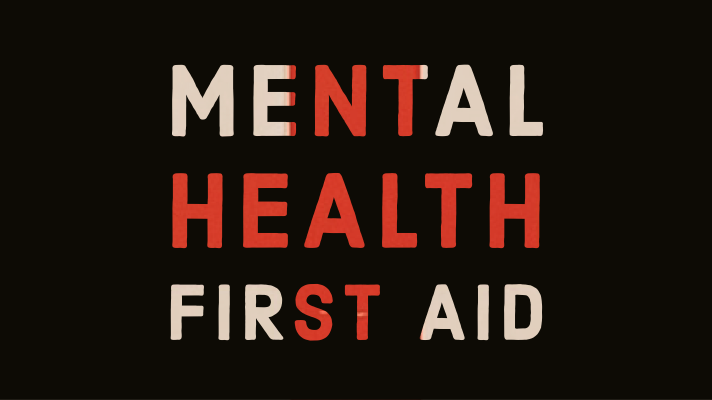
My heart flutters when I submit a paper. My breathing momentarily halts while waiting for highly anticipated results. My palms feel sweaty awaiting questions at conferences during poster presentations. I dare say every graduate student has experienced or will experience those sensations at some point during their studies. But one day in lab, my heart would not stop pounding, a cold sweat seeped over my body, and it felt like I could not get enough oxygen. The sensation stopped me in my tracks. Immediately, I crawled on the floor and put my back against the wall. I was a prisoner in my own body. I was not prepared for what was happening to me.
There is a steady accumulation of evidence supporting an increased frequency of mental health disorders in graduate students. It has caught the attention of many universities, which has prompted a new research project, aimed at assessing the state of mental-health resources and support for graduate students. Mental Health First Aid™ USA defines a mental disorder or mental illness as a “diagnosable illness that affects a person’s thinking, emotional state, and behavior and disrupts the person’s ability to work or carry out other daily activities and engage in satisfying personal relationships.” In a broader context, one out of two people will suffer from a mental health crisis in their lifetime. According to the World Health Organization (WHO), neuropsychiatric disorders in the US have the highest disease burden, which is defined as “the combined effect of premature death and years lived with disability caused by illness.” Furthermore, neuropsychiatric disorders have a higher disease burden than cardiovascular disease and cancer. In other words, mental illnesses are the number one health risk facing our nation.
While the statistics are frightening, there is hope and, more importantly, there are resources provided by UNC. The School of Social Work provides a class called Mental Health First Aid®, which teaches the public how to recognize symptoms of mental health problems, how to offer initial help, and how to guide someone toward appropriate treatments and support.
Mental Health First Aid was the single most important class I have taken as a graduate student. Luckily for all UNC students and employees, the course is being offered at no cost through grant support for another year. I encourage everyone to make the time to take this class. It is a highly engaging and immersive experience filled with first hand accounts, real world experiences from the instructor, and role playing exercises aimed at applying the tools you have just learned. Topics covered include depression, anxiety disorders, alcohol and substance abuse disorders and eating disorders.
While learning about anxiety disorders, we came to the definition of a panic attack, “a distinct episode of high anxiety with fear or discomfort.” Symptoms include, but are not limited to, rapid heart rate, sweating, shaking, shortness of breath and dizziness. Hearing those words brought me back to the moment I described above. But after learning that in any given year 18% of US adults have an anxiety disorder, I felt comforted. The panic attack I had suffered no longer made me feel crazy or weak. And now, I have been given the tools to help myself and others. I feel empowered.
Instead of waiting for something to happen to you, your peers, or someone you love, take a step toward equipping yourself with the knowledge and tools needed to intervene during a pivotal moment in someone’s life. Similar to CPR, you never know when you will need to use Mental Health First Aid.
Resources for UNC students: Counseling and Psychological Services (CAPS) and UNC Care Team. Resource for UNC employees: Employee Assistance Program (EAP) – Organization Web ID: TARHEELS.
Peer edited by Brandon Le.